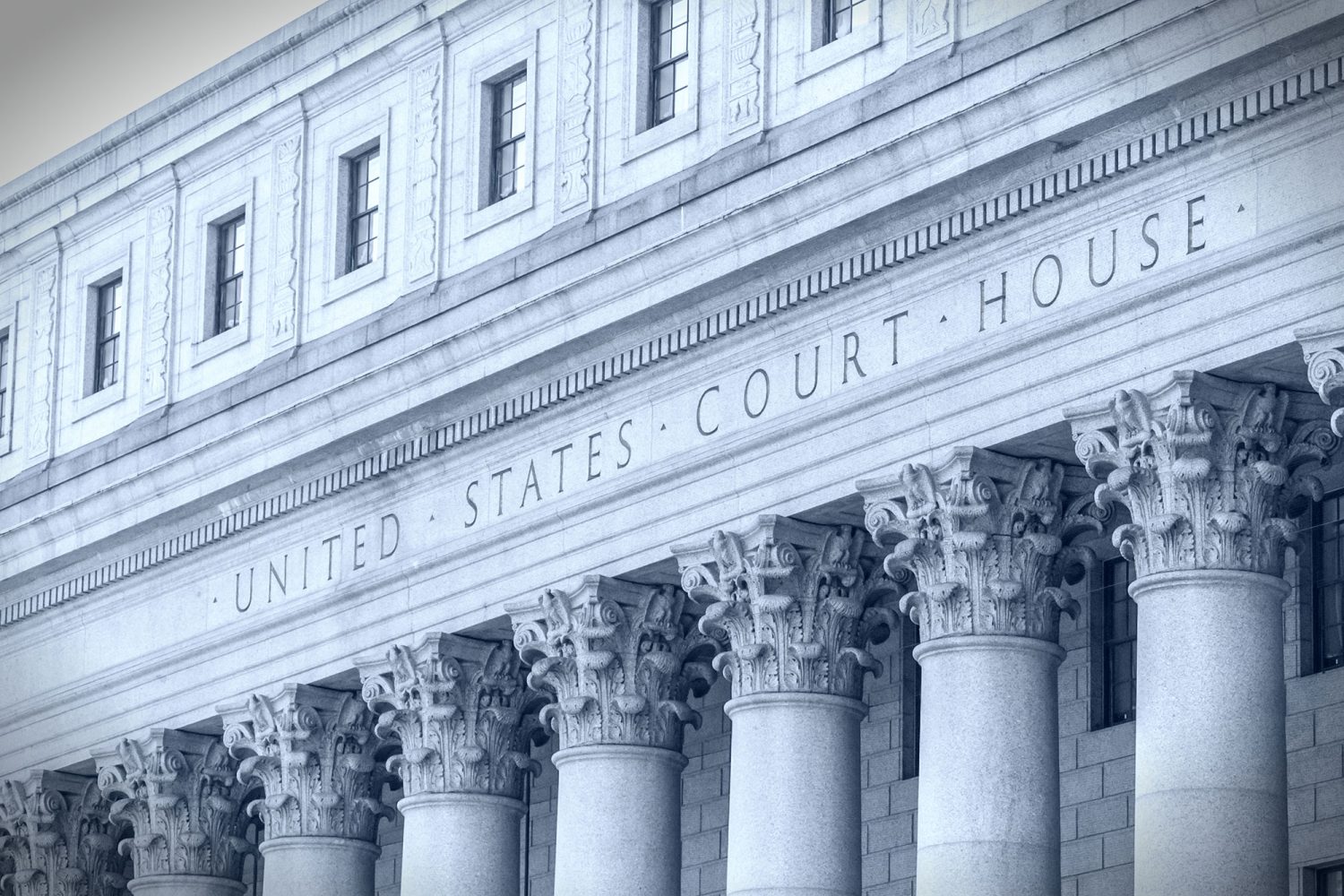Securities Law: What Investment Advisors Need to Know About New SEC Limits on Disgorgement
On June 22, 2020, a ruling by The U.S. Supreme Court placed new limits on the Securities and Exchange Commission’s (SEC’s) practice around disgorgement – which forces defendants to surrender profits obtained through fraud as part of its enforcement of investor-protection laws in federal courts.
According to the ruling, while the SEC can continue to get disgorgement of ill-gotten gains from people who violated the securities laws, they must do it “equitably and be no more than the total of the ill-gotten profits.” While the ruling on its own should not materially change how disgorgement operates in the investment adviser space, it will change how the SEC calculates how much the wrongdoers owe back to the SEC and back to the original investors who were defrauded.
Here’s what you need to know:
According to National Law Review the case arose from an investment fund operated by petitioners Charles Liu and Xin Wang which raised nearly $27 million from foreign nationals seeking to qualify for U.S. immigrant visas by investing in U.S. businesses. The petitioners did not use the invested funds on a cancer treatment center in California as represented, but instead diverted funds to their own accounts and improperly misappropriated and spent the rest.
As a result of the SEC’s investigation, the Division of Enforcement filed a lawsuit in U.S. District Court. The Court ultimately ordered petitioners to disgorge roughly $19 million pursuant to Section 21(d) of the Securities Exchange Act of 1934—which provides for “any equitable relief that may be appropriate or necessary” as a potential remedy available to the SEC in enforcement actions in federal court. The Ninth Circuit affirmed, citing longstanding precedent authorizing disgorgement. Petitioners Liu and Wang then petitioned the Supreme Court for review.
Writing for an 8–1 majority, Justice Sonia Sotomayor explained the following:
The disgorgement award “must do more than simply benefit the public at large by depriving a wrongdoer of ill-gotten gains.”
The disgorgement remedy should be limited to the wrongdoer’s net unlawful profits or the “gain made upon any business or investment, when both the receipts and [expenses] are taken into account.”
Disgorgement should be limited to the profits obtained by each individual defendant. The court expressly called into question more expansive bases for disgorgement awards, such as pursuit of profits under a joint-and-several liability theory.
Worth noting, The Court stopped short of deciding on the specific factual application of these limitations to the facts of the Liu case, or rule that the petitioners’ disgorgement was an unlawful penalty. Instead, the Court remanded the case to the lower courts for inquiry.
SEC Will Continue to Focus on Investment Advisors:
The SEC’s ability to pursue disgorgement in such cases will allow the SEC to continue to bring adviser cases as a significant part of its docket in the months and years ahead.
As SEC Chairman Jay Clayton remarked, “investment advisers play a vital and trusted role in our markets … Regardless of the scope and duration of the investment advisory services, investment advisers are fiduciaries and, as such, their duties of care and loyalty require them to disclose their conflicts of interest, including financial incentives.”
What This Could Mean for Investment Advisors:
For now, the SEC will likely continue to seek disgorgement under familiar theories pre-Liu. Savvy investment advisors should be ready to push back on Commission overreach and use the findings of the Supreme Court in Liu to their advantage. Best practices for companies to consider today include:
- Understand relationships with employees, joint venture partners, agents, and other affiliated entities that could impact future joint-and-several liability.
- Understand accounting issues at play in the business under review.
- Understand all expenses relevant to the conduct at issue, and those expenses’ relationship to business operations outside of the allegedly improper scheme. Be prepared to justify those expenses to avoid paying them in disgorgement later.
- Keep up to date on the lower court reactions to the Liu decision, and seek advice from experienced counsel when questions arise.
Warren Law Group offers a variety of services that aid clients in their dealings with the SEC and other regulatory bodies. Learn more about regulatory compliance and securities litigation here: https://warren.law/practice-areas/
ATTORNEY ADVERTISING. Prior Results Do Not Guarantee Similar Outcome.
